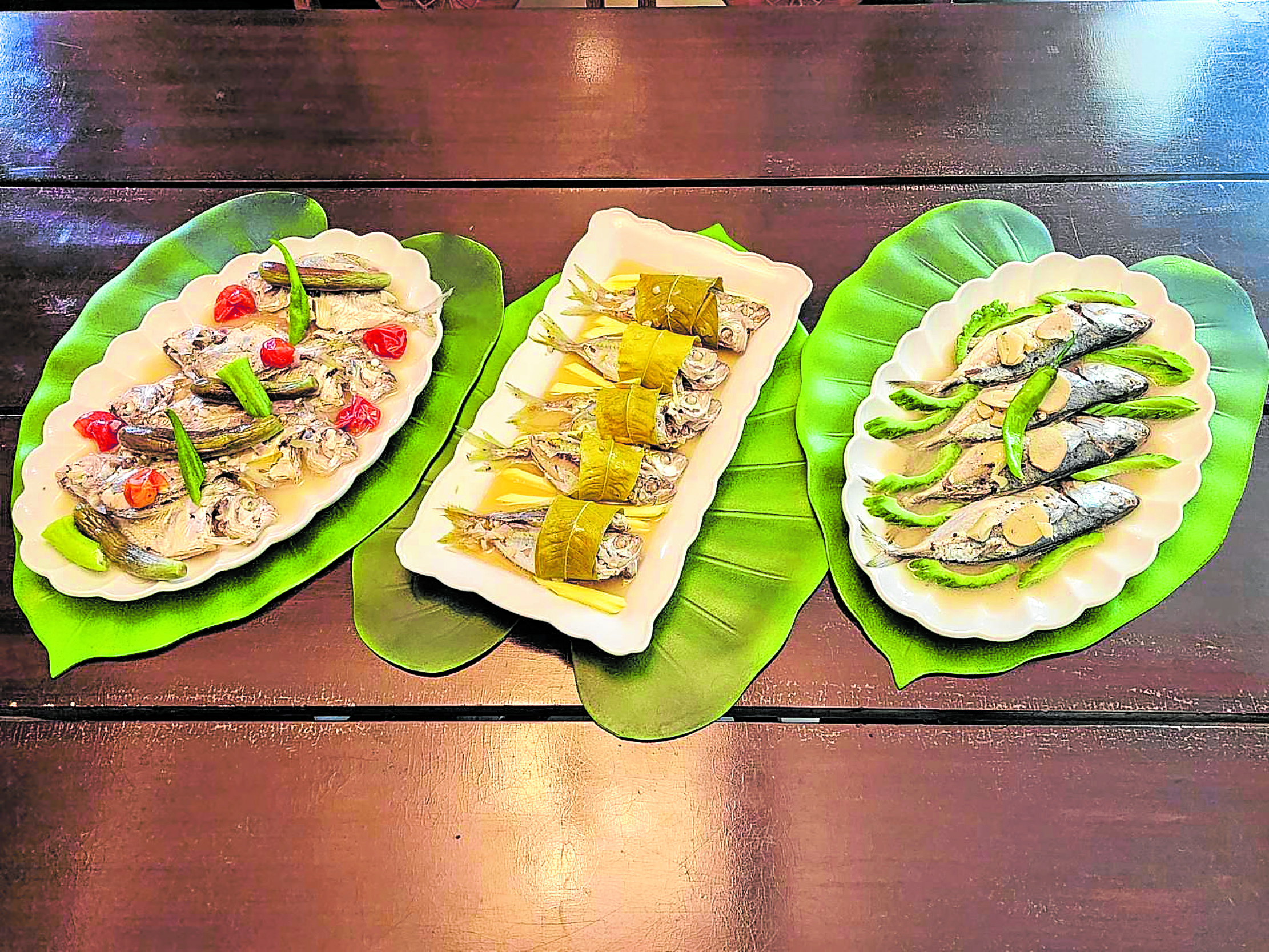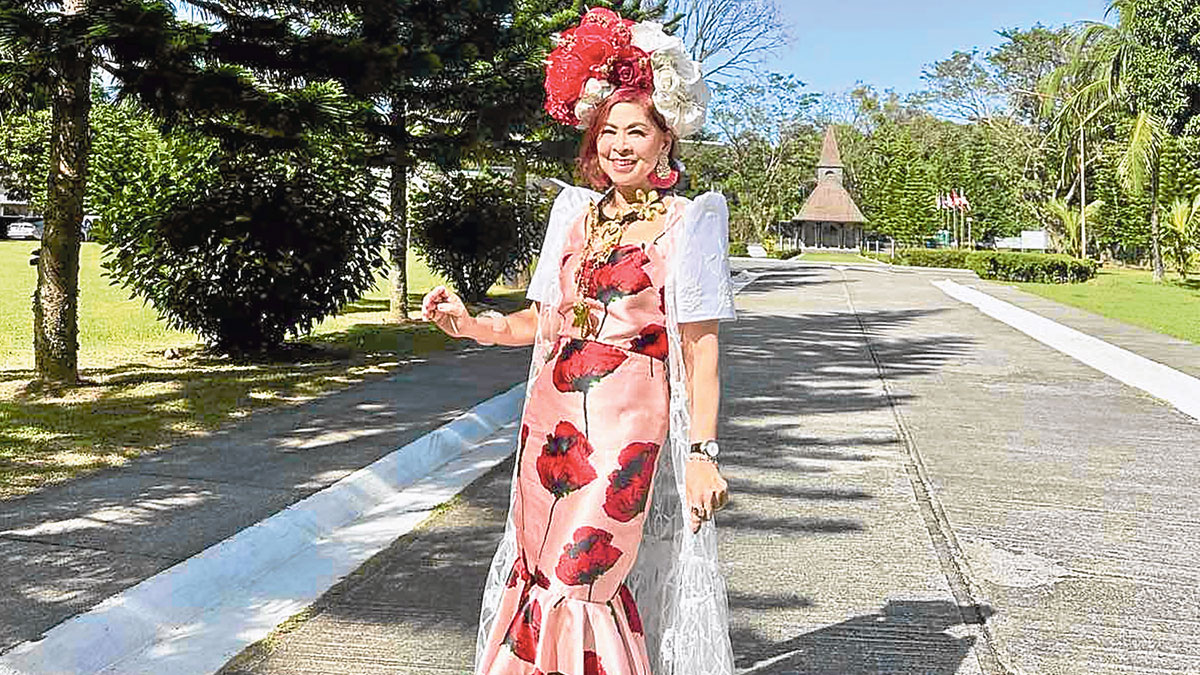“There is no greater burden than bearing an untold story inside of you,” Maya Angelou wrote in “I Know Why the Caged Bird Sings.”
Her words resonated as I read the accounts of the brave men and women who shared stories of the harassment, indignities and torture they received during the dark days of Martial Law.
Their stories reminded me of very similar horrors that the Cambodians lived through during the Pol Pot regime.
I found myself in Siem Reap, Cambodia, for the first time earlier this year when I accompanied my daughter, as she presented research at the History of Medicine in Southeast Asia conference.
Steeped in discussions about health and history, surrounded by astounding culture and architecture, and interacting with some of the gentlest people I had ever met, moved me to learn what I could about Cambodia’s history.
What moved me the most was their resiliency and kindness, in the face of having gone through decades of horror and atrocities.
At the Monument Books store on Pokambor Avenue, I chanced upon the series by author Loung Ung, a survivor of the Cambodian genocide or the Pol Pot regime. I had met Loung Ung back in 2004 during a narrative journalism conference sponsored by Harvard University.
She had been invited to speak about her first book, “Lucky Child,” where she recounts her family’s story and the daring escape she and her brother made from Cambodia. She was a petite woman with a small frame, dark hair, and bright eyes, and her image and story stayed with me for a long time. I often wondered what had become of her.
When I found two of her other books, I took her stories home with me, and spent the next few months transitioning between heartbreak at her recounting her childhood and awe at her extraordinary strength.
Loung’s father disappeared when soldiers took him away one night. Her mother and siblings died from illness while living in camps. Her last book is written from the perspective of her adult self, and it is with raw honesty that she brings us to the realization that her childhood traumas are never far behind—in fact, she carries them with her always.
Advocate
Today she works as an advocate for justice and reconciliation for victims globally, especially in her home country.
I remembered Loung once more as I read through the experiences of Martial Law victims during a hearing at the Supreme Court on the Marcos burial earlier this week. We heard testimonies of abuse —physical, sexual and psychological.
With the same strength and tenacity as Loung, they stood as representatives of a very dark period in our history that we are perhaps not acknowledging enough. These men and women could be anyone’s parent, grandparent, sibling or spouse. It was painful to listen to them dredge up the past, to open old wounds —to, in a way, retraumatize themselves to remind not just the high court, but all of us of the price they all paid so that one day, we could all be free.
Each story was tragic, harrowing and painful. But what struck me most was Trinidad Herrera’s retelling of her experience being electrocuted, how she was tortured until she lost consciousness, and her words: “My body can still feel the pain, now that I’m old.” The mind may block certain events temporarily to enable us to survive and go on, but the body is always wise, and just like the heart, it never forgets.
Trauma has long been established as a cause for physical and mental health issues even many years after the event. In certain countries such as Cambodia, there exist avenues of dialogue, and programs for healing and reconciliation where victims of abuse are present.
However, all healing always begins with the acknowledgement of the traumatic circumstances, allowing people to tell their stories, and honoring that pain. Last week’s events in court were a very good start. And as the men and women of the high court listened intently, many of them from the same age group as the men and women who shared their stories, my prayer is that there was something deep within that will move them to serve justice and to do right.
I hope that, as they looked into the eyes of these courageous survivors, they asked themselves: “That could have been me. It’s no accident that I’m now in a position to do something about these horrors. How can I now serve justice and honor the pain of these men and women?”
There is so much more we can do for those who suffered and continue to bear the wounds of Martial Law. As a people and a nation, all eyes are now on the highest court of the land. For the sake of national healing, and each and every life lost or damaged during that period, I really hope the SC delivers the justice that has long been delayed. I hope they come through.











































